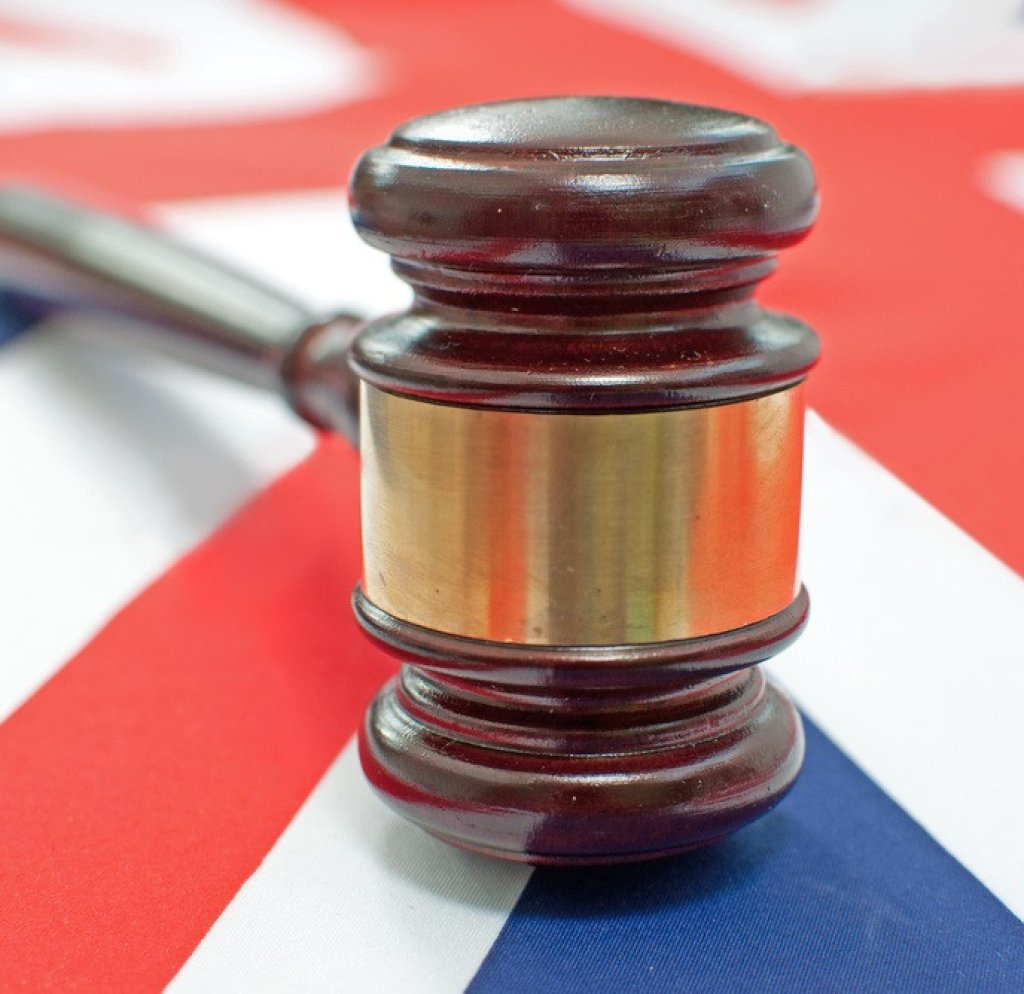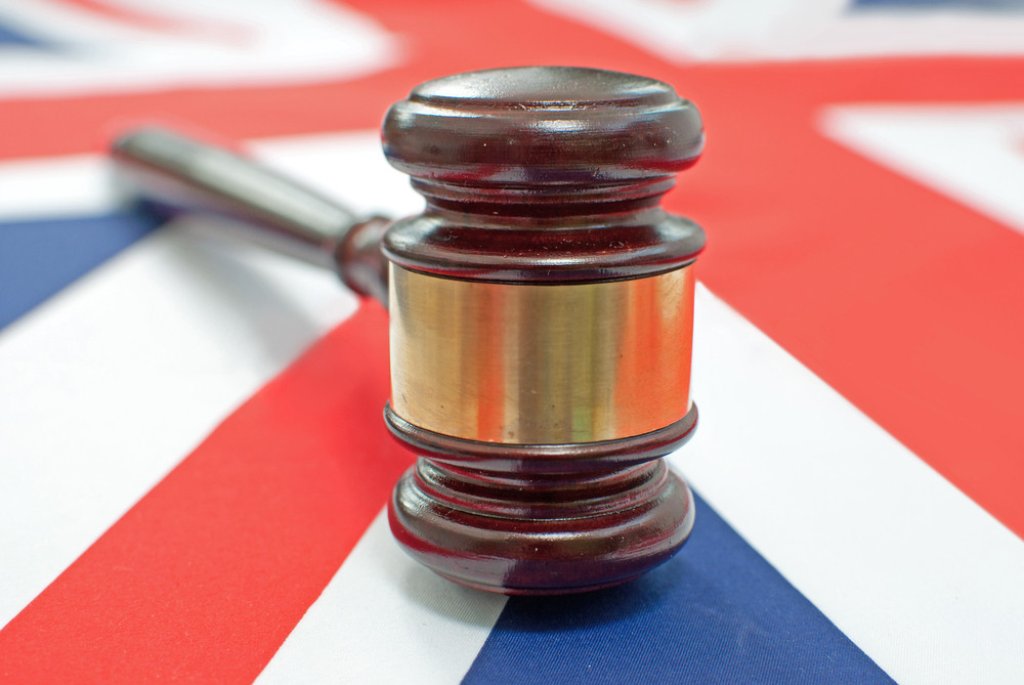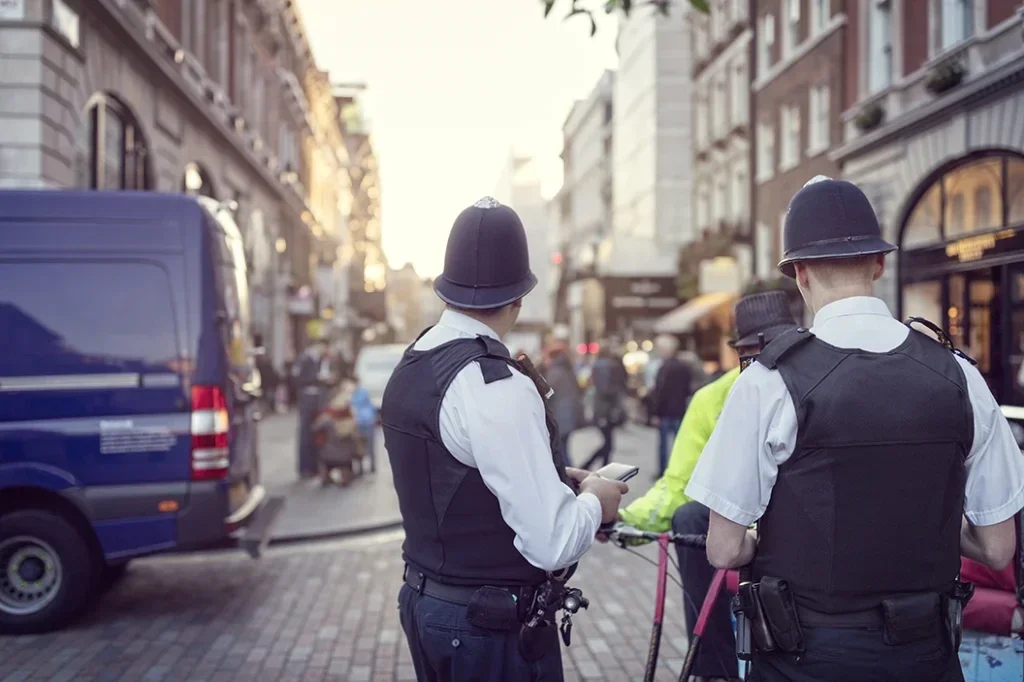Body cam laws and rights in the UK
Body cams are standard police issue and are also commonly used by many other UK workers, such as retail and medical staff, and other types of enforcement officers. Micro cameras are increasingly being used in fraud detection by insurance companies and government departments.
The ICO describes body cams as a greater risk to privacy. Here we look at the laws that govern body cam use and the rights of people who are filmed on body cams.
General Data Protection Regulation
The General Data Protection Regulation (GDPR) is the law that forms the foundation for the processing of personal data in the UK, which includes data captured by body cameras.
Body cam wearers must comply with GDPR and ensure that the principles of data protection, such as fairness, transparency, and security, are upheld.
Agencies and companies that deploy body cams must make every effort to keep the footage safe, which includes encrypting footage on the body cam.
Information Commissioner’s Office body cam guidelines
The Information Commissioner’s Office (ICO) provides comprehensive guidelines on the use of CCTV, which is equally relevant to body cam use.
The ICO’s guidelines provide practical advice on handling and storing recorded data, obtaining consent, conducting Impact Assessments, and addressing privacy concerns.
Rules about body cam recording: consent
Body cam users must obtain consent when recording individuals in private spaces or sensitive areas. In public places, consent is implied when the subject is aware that they are being recorded.
It is advisable to label security body cameras clearly with audio/video recording labels.
Covert body cam recordings are governed by their own laws and regulations in the UK.
Be aware of ALL UK body cam laws and guidelines
While GDPR should be your primary guide for compliant body cam use, there are several laws, regulations and guidelines to be aware of. Here is an overview:
Data Protection Act 2018 (DPA)
The Data Protection Act 2018 governs the processing of personal data in the UK. It requires that any organisation, including law enforcement agencies, using body-worn cameras must comply with its principles, including lawfulness, fairness, transparency, purpose limitation, data minimisation, accuracy, storage limitation, integrity, and confidentiality.Surveillance Camera Code of Practice
The Surveillance Camera Code of Practice provides guidance on the use of surveillance cameras by government and law enforcement agencies in England and Wales. It outlines 12 guiding principles for the deployment of surveillance cameras, including transparency, accountability, and proportionality.Human Rights Act 1998
The Human Rights Act incorporates the European Convention on Human Rights (ECHR) into UK law. Article 8 of the ECHR protects the right to respect for private and family life. Any use of body-worn cameras must balance the need for public safety and law enforcement with individuals' right to privacy.Police and Criminal Evidence Act 1984 (PACE)
PACE provides guidelines for the collection, handling, and retention of evidence by law enforcement agencies in the UK. While PACE does not specifically address body-worn cameras, its provisions regarding the gathering of evidence are relevant to their use.Police Body-Worn Video: A National Strategy
In 2017, the UK government published a national strategy for police body-worn video, which provides guidance on the deployment, use, and management of body-worn cameras by police forces in England and Wales.Local Policies and Procedures
Individual police forces may have their own policies and procedures governing the use of body-worn cameras. These policies should align with national guidelines and legal requirements.
The use of body cams in the UK is subject to strict regulation to ensure that they are used responsibly, transparently, and in accordance with individuals' rights to privacy and data protection.
People have the right to request access to footage recorded by body cams under data protection legislation.
Additional ICO justification for body cam use
The ICO’s body cam checklist covers Impact Assessments, notification of use, training, video retention and disposal.
The ICO checklist also requires that users “have the ability to efficiently and effectively blur or mask footage, if redaction is required to protect the rights and freedoms of any third parties.”
The ICO acknowledges that body cams have the potential to be more intrusive than conventional CCTV systems. As the cameras can be worn in any location there is an increased risk of privacy intrusion to individuals.
The ICO makes the key point that body cam use must be proportionate, especially when it comes to continuous recording and/or the recording of people going about their daily business.
If audio is also being captured, the ICO advises that audio capture must be justified and be treated as data that is separate from the video.
Police body cam use bound by data privacy regulations
The growing use by police of body cam and dash cam footage is being scrutinised continually to make sure that personal information within video evidence is protected.
The Metropolitan Police provides information on how body cam video is used. At the end of an officer's shift BMV footage is uploaded to a secure location so it can be used as evidence in legal proceedings or deleted if it is not needed. Stated protocols reflect the ICO’s advice that recordings continue “until it is no longer 'proportionate or necessary.'”
While the police are able to request un-redacted video footage – for example, from a retailer when a crime has taken place – the police are governed by the same privacy regulations as other camera operators when it comes to sharing footage.
Video shared by the police in response to subject access and freedom of information requests requires the redaction of sensitive personal data from bodycam and dashcam footage.
UK law on covert body cam use
While some groups believe that surveillance and the use of cameras have gone too far, it is largely accepted that policing involves evidence gathering, and bodycams are intended to provide an objective record of events.
However, when news of covert surveillance being used by the Department of Work and Pensions (DWP) appeared in the national press, people were less convinced that it is being used ‘proportionately.’
According to reports, suspected benefit fraudsters in the UK are being subjected to what some see as excessive surveillance techniques such as being tailed by government officers or identified in CCTV footage. The group Privacy International found that the DWP uses an algorithm to flag those who may be committing fraud.
Concern was also expressed about the fact that the DWP works with private companies to detect benefits-related offences.
Surveillance is not illegal, so long as it does not violate privacy laws. It is legal for someone to follow you in public, to eavesdrop on conversations, and gather information about you.
Surveillance by insurance companies may be conducted in several situations, but it is most likely to occur when the insurer suspects fraudulent activity.
Insurance fraud is a crime that can lead to financial losses for insurance companies and higher premiums for policy holders. To tackle fraud, insurance companies may conduct surveillance to verify the accuracy of information provided on an application or investigate suspicious claims.
Insurance companies may also use surveillance to gather information when the cause or extent of the damages is unclear or when there is a disagreement over the value of the loss.
Insurance companies are using sophisticated technology, including spyware such as hidden cameras and micro fish-eye cameras to carry out their investigations.
Act within UK privacy compliance laws
The ICO insists on stricter protocols for body cams on data management and storage length.
Facit works with organisations around the world to help them work quickly, effectively and compliantly to protect the rights of people captured on video or audio on any type of recording device, including body cams.
Complete the form to learn more about video redaction data privacy.





